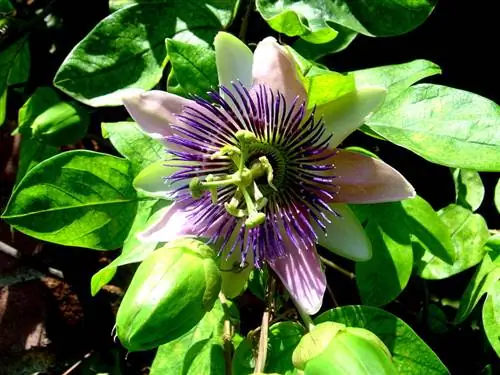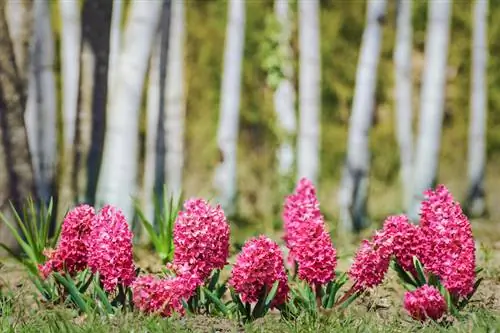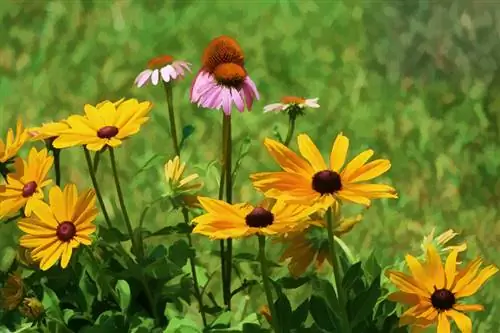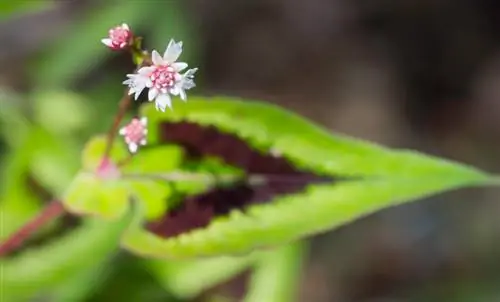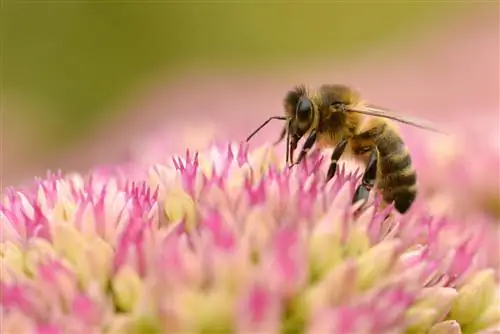- Author admin leonars@hobbygardeners.com.
- Public 2023-12-16 16:46.
- Last modified 2025-01-23 11:20.
The coneflower is easy to care for and loves to bloom, but it still appreciates a little attention. Plant it in the ideal location and it will thank you with a particularly lush abundance of flowers.

How do I ideally care for coneflower plants?
Coneflower plants prefer a sunny, warm and wind-protected location with nutrient-rich, permeable soil. To avoid waterlogging, good drainage is important. Coneflower is also suitable for repelling snails in the kitchen garden.
The best soil and the ideal location
The coneflower prefers to be in a sunny and warm place. This applies to both genera, the yellow and the red coneflower. If possible, the location should also be protected from the wind; the tall growing varieties in particular benefit from this. Without wind protection, give these perennials a support so that they don't tip over so quickly.
The soil should be nutrient-rich and permeable for your coneflower. You can easily cover your nutrient needs by adding organic fertilizer in spring and autumn. Well-rotted compost (€54.00 on Amazon) or horn shavings is ideal. When planting in a pot, make sure there is a good drainage layer made of old pottery shards or coarse gravel. This means there is no waterlogging and excess irrigation water flows away easily.
The ideal planting time
Ideally, you should plant new perennials in the fall so they have enough time to grow before winter. After winter they sprout quickly and produce plenty of flowers. But planting in spring is also possible without any problems if you replan your garden.
The Multiplication
Coneflower can be propagated relatively easily by dividing the roots, by cuttings and also by sowing. Older and vigorous plants should be divided every now and then to maintain their flowering potential. The new perennials also make excellent gifts for gardening enthusiasts.
Coneflower as a snail repellent
Coneflower is not only very decorative but also useful. It repels snails. Take advantage of this property and plant Echinacea or Rudbeckia around your vegetable patch. Not only is the coneflower spared from the snails, but also its neighbors.
The most important things in brief:
- sunny and warm
- protected from the wind if possible
- nutrient-rich and permeable soil
- Avoid waterlogging
- ideal for repelling snails in the kitchen garden
Tips & Tricks
Are you looking for a natural repellent against snails? They avoid echinacea, it also protects their neighbors from eating damage.


